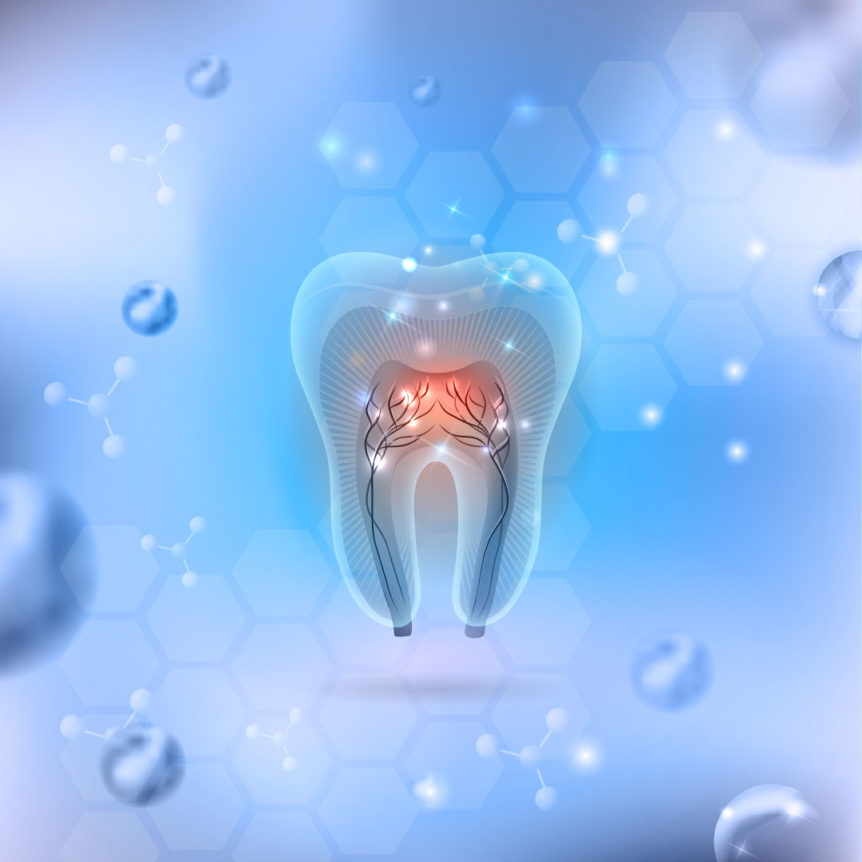Dentistry has been a separate profession from medicine for over a century. People, including dentists, have considered the health of the mouth and body independent from one another: whatever happened in the mouth stayed in the mouth. But in recent years, more and more research has found connections between the health of one’s mouth and that of the rest of the body. For example, associations have now been found between gum disease and cardiovascular disease, respiratory illnesses, adverse pregnancy outcomes and even impotence!
While more research is needed in many of these areas to better understand the connection, there is speculation that long-term inflammation in the mouth (for example, the red and puffy gums symptomatic of gum disease), is the culprit. The mouth has blood and other vessels that physically connect it to the rest of the body. Even teeth have nerves and blood vessels inside them. These vessels can act like a highway, transporting the inflammatory cells from the teeth and gums into and around the rest of the body.
The Surgeon General’s Oral Health Initiative 2010 acknowledged this growing body of research warning the public that, “oral health is integral to overall health”. So how does one take care of their oral health? How does one avoid inflammation of the mouth? It’s as simple as following the golden rule of dentistry: brushing for two minutes, two times a day – and flossing every night. While we teach our children the importance of eating right, exercising and other positive habits for their health, make sure to include this daily routine of oral care. In just four minutes a day they could improve their oral health, and it may even have lasting benefits through the body!

